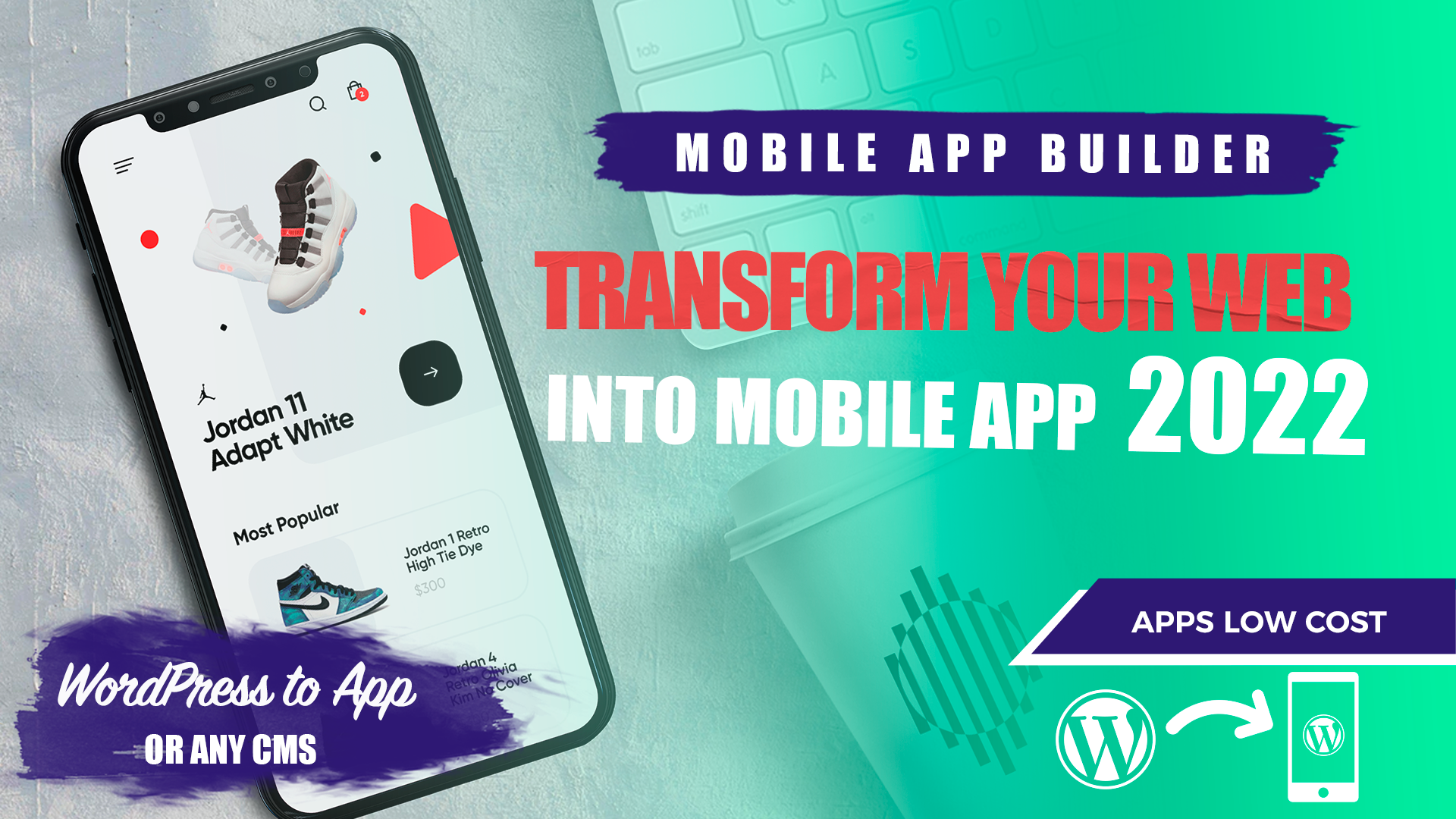It’s a fact that when it comes to tablets, most average users quickly associate it with the iPad. There are a large number of mobile devices similar to Apple, although this is the one that continues to achieve the highest sales volume in terms of tablets, according to a study recently published by Chitika (a company specialized in advertising and marketing). As a result, iPad app development is also booming.
As a result we come across that it is precisely the iPad that is left with 78% of Internet traffic that is made from tablets. Far from this trend, in a shy second place we find Amazon tablets with 7.3%, and Samsung in a third with 6.3%.
iPad Application Development
One of the features that keeps the iPad as a king is, for example, the retinal screen on the new models, which makes them more advanced and comfortable to use. If we add to this the fact that the iPad follows the design lines of the iPhone and a similar operating system, we guarantee success.
And we must never forget that the iPad is designed for longer, more continuous use than the iPhone. That’s when the development of iPad applications and the role of the developer becomes a key, especially for companies that are committed to mobility. Whether you’re on your own or taking your work home with you, the wide variety of apps adapted to iPad makes the device the king of tablets.
While other tablets do not have some applications available in their markets, Apple takes the lead. Apps to organize your vacation, to manage your business, games…: Many iPad applications offer a unique user experience, making it difficult for the competition to work.
In addition, the integration of cutting-edge technologies, such as Augmented Reality, add value to the use of this device. One more feature that makes iPad a favorite of tablet users.
However, from the point of view of the average consumer, tablets are devices that do not become laptops but do not remain in the smartphone sector, let’s say that it is the intermediate device.
In addition, smartphones are becoming more and more important, improving their screens and usability, gradually becoming a direct competition for tablets.
Does it still make sense to develop tablet applications?
As we have said before, the answer to this question depends on the needs of each person.
But of course, smartphones have also evolved, they are becoming more powerful, more beautiful and some of them much bigger. Many users prefer to perform other tasks on their mobile phones instead of buying a tablet, which does not offer many other differentiating features either.
One of the key target groups of the tablets is the students, because for them it is a perfect portable device in which to carry their agendas, notes, etc.
In short, everyone will decide whether it is profitable to have a tablet at home or not. In many cases people already have one and do not use it at all, but there are users with specific needs, so it can still be a device that offers great help.
According to popular criteria, tablets have lost a lot since their appearance in the technological world. Once upon a time, these devices were ideal for going to class, working or simply having them at home for finding information, surfing the Internet or doing homework.
But we have to be realistic, the boom in these devices happened some time ago, and at the moment we are going through a kind of drop in popularity. It’s normal: the market will eventually stabilize and the tablets will continue to exist among us, only they’re obviously not as indispensable as the phones.
Therefore, it is very important that those who want to develop tablet apps, keep in mind that it is not a device that is getting much evolution. For this reason, our team recommends investing in mobile apps, and consequently, in Mobile Commerce, as more and more people are buying through smartphones: if you improve the user’s shopping experience, you will make the process easier and, consequently, increase your sales.



















